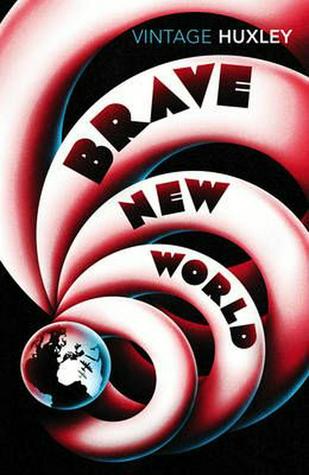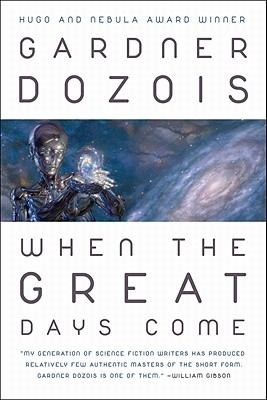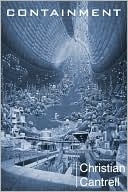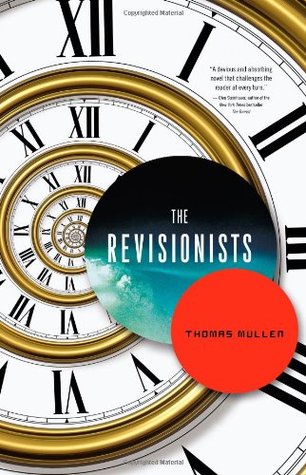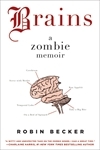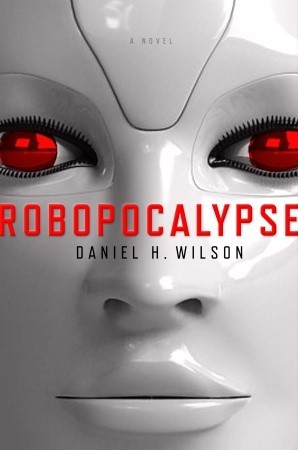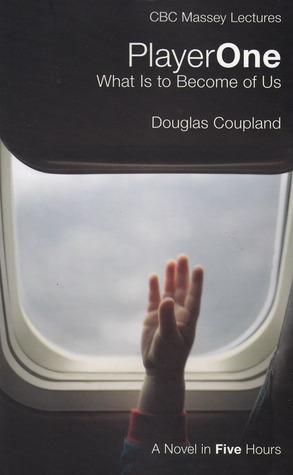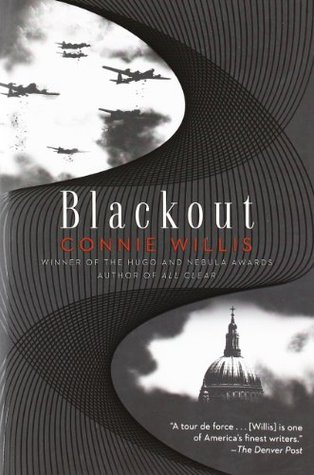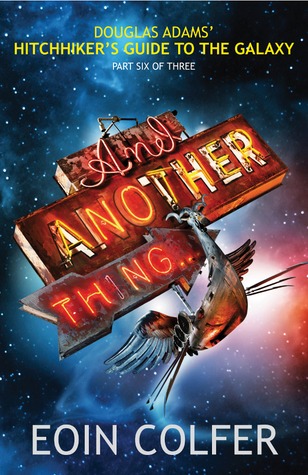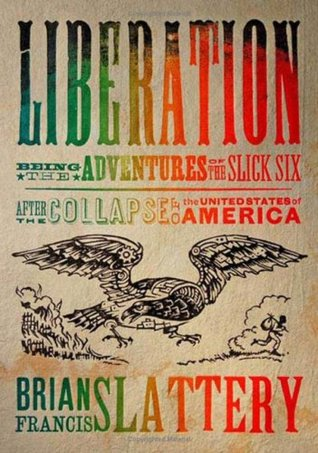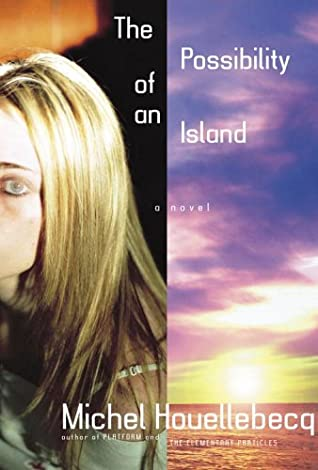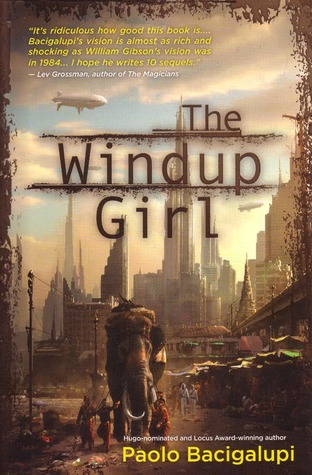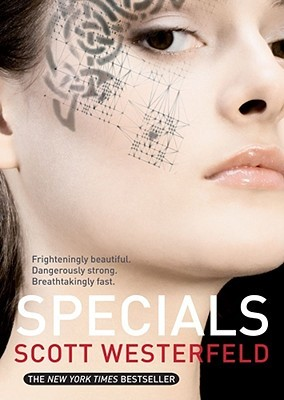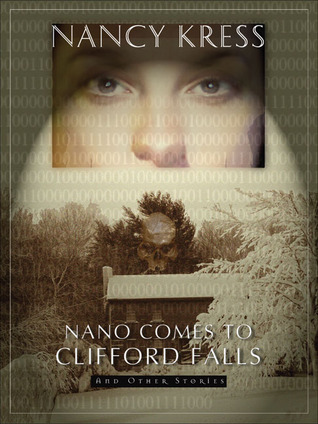
Anthologies by a single author offer an opportunity to reflect upon that author’s particular areas of focus. Most authors tend to return time and again to the same motifs and themes. Nano Comes to Clifford Falls is a menagerie of Nancy Kress stories that involve nanotechnology, genetics, posthuman evolution, and very interesting meditations upon how aliens might visit Earth. Each story is unique, but put side by side, the similarities are clear, each story delivering…

